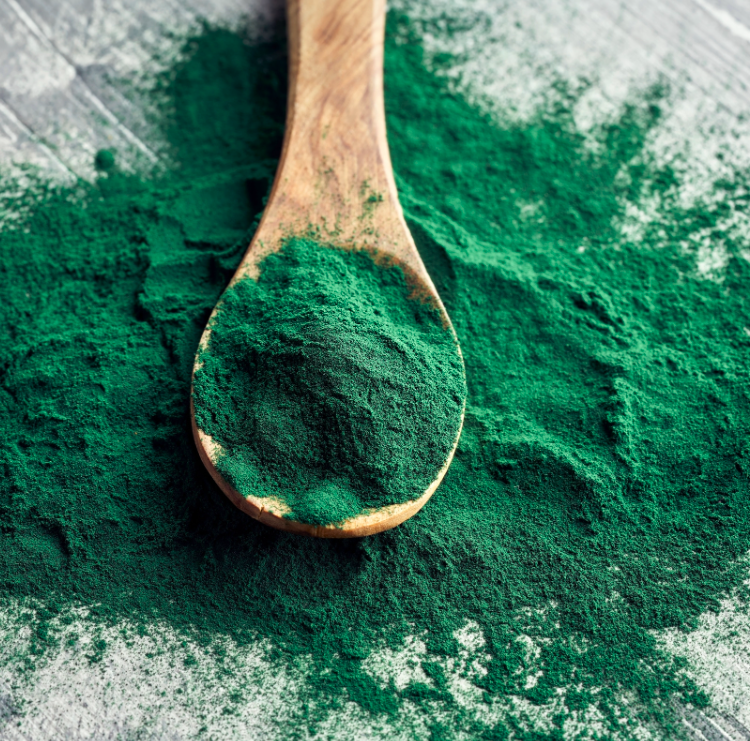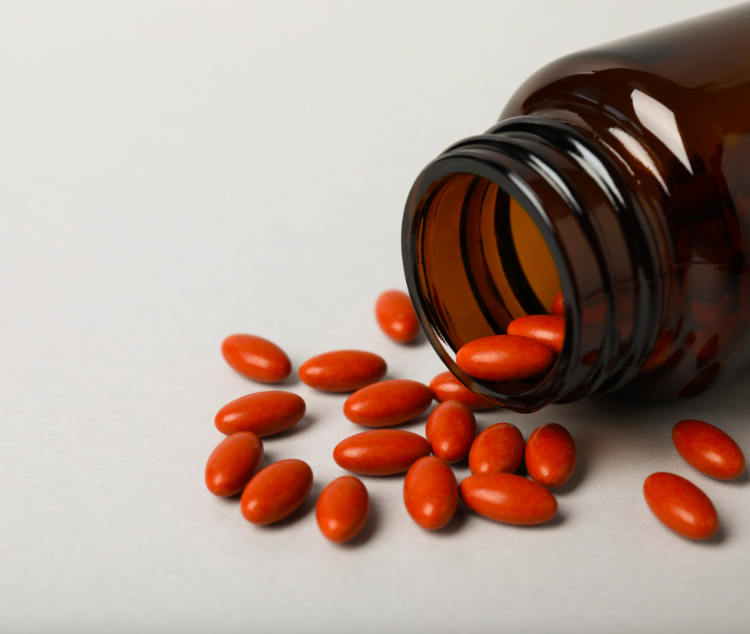Hey! This post contains some affiliate links, which can earn me a small commission if you decide to purchase something with no extra cost to you! I only recommend products I truly believe in.
Navigating the world of supplements can be extremely hard. Navigating the world of supplements with pretty much the SAME names can be even harder.
Welcome to a mini rundown on niacinamide, nicotinamide and niacin. Let’s eliminate the confusion and keep it simple!
Nicotinamide vs Niacinamide
Nicotinamide or niacinamide can be used interchangeably as they are the exact same thing! To make your life a little easier, let’s refer to it as nicotinamide. Nicotinamide is a form of vitamin B3, also known as niacin. It is an essential nutrient, which means our bodies can only absorb nicotinamide through diet or supplements and cannot be made by our body. Nicotinamide is derived from Niacin (vitamin B3) , and the body can convert niacin to nicotinamide. Both provide many benefits to our bodies, but nicotinamide provides a few less nasty side effects.
Which foods naturally contain Nicotinamide (vitamin B3)?
Nicotinamide or vitamin B3 is naturally found or added to many foods. this is good news as nicotinamide is essential for your health!! Here are the best animal and plant sources of nicotinamide:

- red meat; beef, liver or pork
- poultry
- fish
- nuts and seeds
- fortified cereals and breads
- brown rice
- legumes
What does Nicotinamide do for our bodies?
Okay so now you know what nicotinamide is.. but you may be wondering why it’s actually important. Well, nicotinamide helps our body convert food into energy, create DNA and also acts as an antioxidant. Nicotinamide also helps the body use fats and proteins which supports a healthy liver, skin and hair. It’s essential for our body to receive enough nicotinamide and if it doesn’t, the consequences aren’t fun.
Symptoms of a mild vitamin B3 deficiency include:
- fatigue
- depression
- indigestion
- vomiting
A more severe vitamin B3 deficiency can lead to a condition called pellagra, which includes more serious symptoms such as dermatitis and dementia. However, niacin deficiency is rare for most people, and can be treated easily with niacin supplements.
Skin benefits of Nicotinamide:
Nicotinamide is often used in skincare products as it has anti inflammatory properties which can help to treat severe acne. It also helps build keratin and a ceramide barrier which locks in skin moisture. Nicotinamide can help rebuild skin cells and protect against sun damage, which has a secondary benefit of reducing fine lines and wrinkles. If you’re not already doing so, it might be time to incorporate nicotinamide into you skincare routine!

Dermatologist tip: Whichever product you use should have around 5-10% nicotinamide to be effective. Here is a nicotinamide serum that I like to use.
Hopefully this articles simplifies a few things for you and if you’re considering taking niacin supplements- remember to always consult with your doctor or healthcare professional first.
Stay safe and Happy New Year!



